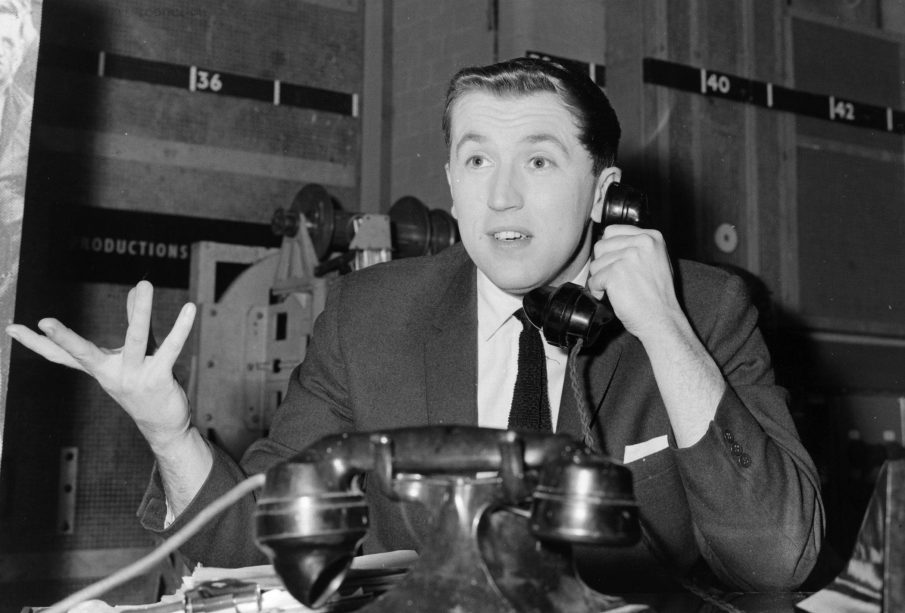The Legacy of David Frost: A Broadcasting Icon

Introduction: The Importance of David Frost
David Frost, an eminent British broadcaster and journalist, is remembered as a titan in the world of television. His unique interview style and profound impact on the industry have made him a significant figure in broadcasting history. As media continues to evolve, understanding Frost’s contributions remains relevant, especially in discussions about journalism, ethics, and the role of the media in society today.
Career Highlights
David Frost’s career spanned several decades, beginning in the 1960s. He gained fame with his show, ‘The Frost Report,’ which was innovative for its time, blending satire and political commentary. However, it was his interviews that truly set him apart, particularly those with controversial figures such as Richard Nixon.
Frost’s interview with Nixon in 1977 stands as a landmark moment in television history. The series of interviews, which aired after Nixon’s resignation from the presidency, provided a platform for the former leader to express his side of the Watergate scandal, and subsequently, it reshaped public perception of Nixon. Frost’s skillful questioning and ability to humanise complex subjects demonstrated a deep understanding of both the interviewee and the audience.
Legacy and Influence
Frost’s influence continues to resonate in modern journalism and broadcasting. His approach, with its blend of tough questioning and empathy, has inspired generations of journalists. Many contemporary interviewers cite Frost as a significant influence on their own techniques, highlighting his ability to balance probing questions with genuine interest in the responses.
Beyond interviews, Frost’s diverse body of work encompasses documentaries and current affairs programmes, showcasing his versatility as a broadcaster. He ventured into various formats, adapting his methods to suit different audiences while maintaining the integrity of journalism.
Conclusion: The Significance of Frost’s Work
David Frost’s contributions to broadcasting extend far beyond his interviews; they reflect a commitment to uncovering truth and fostering dialogue in an increasingly polarized world. As the media landscape continues to change, Frost’s legacy provides valuable lessons on the importance of ethical journalism and the pursuit of clarity amidst misinformation.
As we reflect on Frost’s work and its impact, we are reminded that strong journalism is crucial to democracy and societal understanding. In today’s climate, where media integrity is often questioned, revisiting Frost’s techniques may help guide new generations of journalists in fulfilling their vital role in society.








